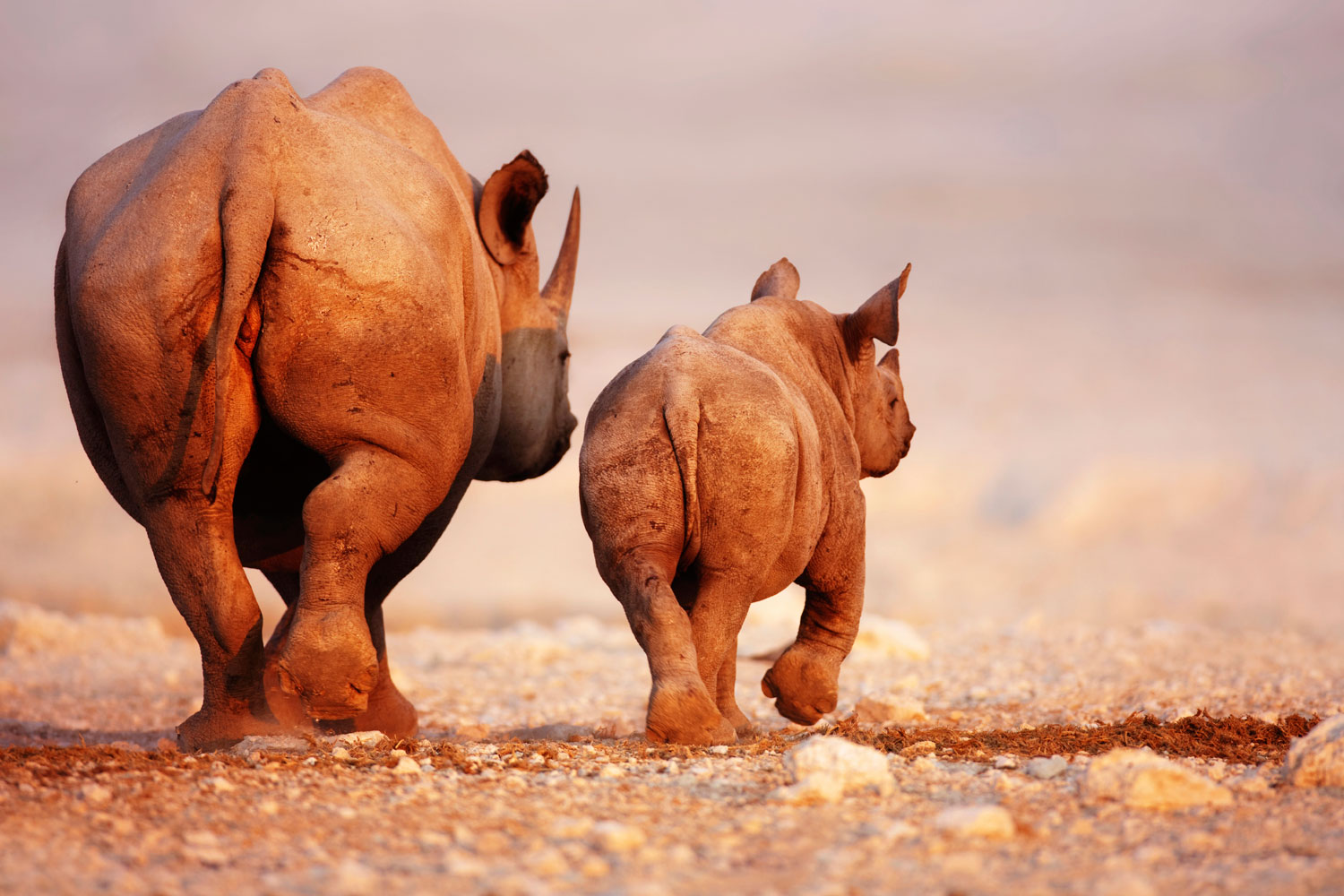
U.S. Tariffs on South African Goods: No Impact on Your Travel Plans
Recent trade developments between the United States and South Africa have sparked concerns across industries and among international travelers. Most notably, the U.S. has imposed a 100% tariff on select imports from South Africa — a significant escalation that’s bound to impact certain sectors of commerce. But if you’re planning a trip to South Africa or currently traveling there, there’s no need to worry: these tariffs do not affect travel services or tourism-related bookings.
Here’s a breakdown of what this trade decision means, who it impacts, and why travelers can continue with their plans uninterrupted.
What Is the New U.S. Tariff on South African Imports?
In early 2025, the United States announced that it would be implementing a 100% tariff on specific goods imported from South Africa. This effectively doubles the cost of certain South African products for U.S. importers, making those items far more expensive to bring into the American market.
While not all product categories have been publicly detailed, preliminary reports suggest the tariffs could apply to goods such as:
- Agricultural exports (like citrus fruits and wine)
- Raw materials (such as metals and minerals)
- Select manufactured items and artisan goods
This is part of a broader policy decision influenced by diplomatic disagreements and trade dynamics. However, it’s important to understand that this is strictly a commercial measure targeting physical goods, not services or tourism.
Is Travel to South Africa Affected?
Absolutely not. If you’re planning to visit South Africa, book a flight, or arrange a tour, this tariff has no effect on your travel-related costs.
Let’s be clear:
- Flights between the U.S. and South Africa are unaffected.
- Hotel stays, guided tours, and safari packages continue to operate as usual.
- Travel agencies and online booking platforms are not subject to the new tariffs.
The 100% tariff only applies to imports of products into the United States. It does not extend to services like tourism, hospitality, or air travel. If anything, this moment of misunderstanding has shown how easily trade policy can be misinterpreted when applied across different industries.
Why Are These Tariffs Being Imposed?
The U.S. government hasn’t released an official, detailed explanation, but analysts point to several likely causes:
- Political disagreements over foreign policy decisions made by South Africa in global diplomatic affairs
- Economic retaliation or leverage in ongoing trade negotiations
- Shifting geopolitical alliances, which often influence bilateral trade deals
Whatever the reason, these kinds of tariffs are designed to pressure governments, not travelers. Historically, service industries like tourism are left untouched in such actions, and that continues to be the case here.
What About Souvenirs or Shopping During Travel?
If you’re visiting South Africa and planning to bring back a few items — say, a bottle of local wine, handmade crafts, or a few small gifts — you still don’t need to worry. Personal purchases made while abroad and brought home in reasonable quantities for personal use are typically exempt from high import tariffs.
However, if you’re bringing back large quantities or shipping goods back to the U.S. in bulk, you may be subject to customs duties or commercial restrictions. For most travelers, the standard customs exemption (typically around $800 USD per person) covers any personal items brought home.
South Africa Remains a Top Destination for American Travelers
Despite the headlines, South Africa continues to offer one of the richest travel experiences on the planet. From wildlife adventures to cultural explorations and coastal retreats, the country’s tourism sector is thriving and remains open for international visitors.
Some of the most popular attractions for American travelers include:
- Cape Town’s iconic Table Mountain and beaches
- Safari adventures in Kruger National Park
- Wine tours in Stellenbosch and Franschhoek
- Historic landmarks like Robben Island and the Apartheid Museum
- The scenic Garden Route road trip
The tourism industry plays a critical role in South Africa’s economy, and both governments continue to support and promote safe, accessible travel between the two nations.
Final Thoughts: Keep Calm and Carry On Traveling
In short, while the 100% U.S. tariff on South African imports may impact businesses involved in international trade, your travel plans are not at risk. You can continue booking, flying, and exploring South Africa with full confidence that your flights, hotel rates, and travel packages remain unaffected by this new policy.
If you’re considering a trip to South Africa this year, there’s never been a better time to go. With stunning landscapes, vibrant culture, and world-class tourism infrastructure — it’s business as usual for travelers.


Facebook Comments